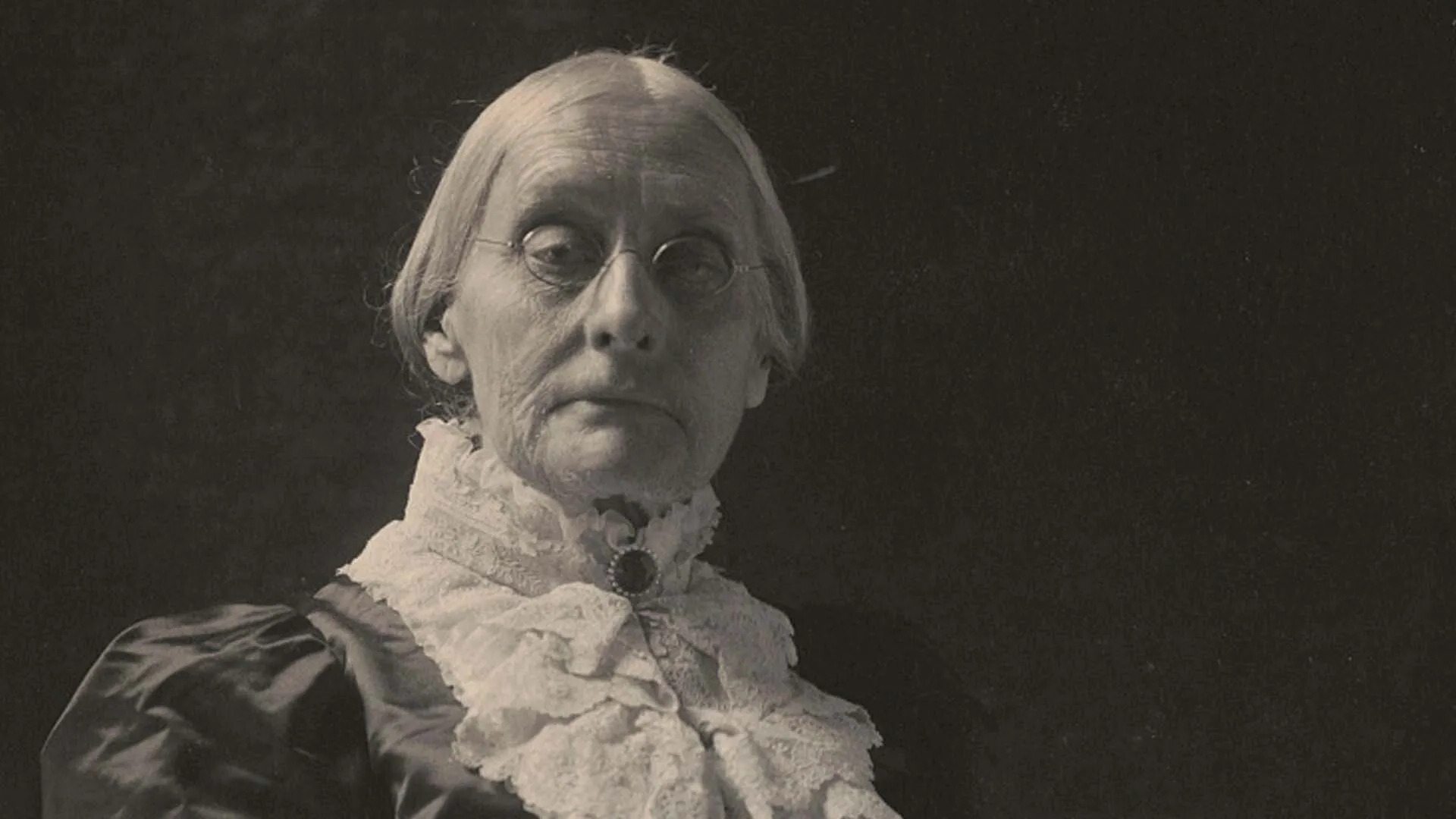
Ever wondered who was at the forefront of the fight for women's rights in the U.S.? Susan B. Anthony stands as a towering figure in the history of women's suffrage. Her tireless efforts and unwavering commitment paved the way for significant changes in laws and attitudes towards women. But, how much do you really know about her? From her early life to her groundbreaking activism, there's a wealth of fascinating details that bring her story to life. Ready to get a glimpse into the life of a true trailblazer? Let's dive into 20 captivating facts about Susan B. Anthony that will leave you inspired and informed.
Key Takeaways:
- Susan B. Anthony was a trailblazing activist who fought for women's rights and equality, leaving a lasting legacy that continues to inspire generations of activists and leaders.
- Her partnership with Elizabeth Cady Stanton and her famous quote, "Failure is impossible," embody her unwavering belief in justice and equality, making her a symbol of resilience and determination.
Who Was Susan B. Anthony?
Susan B. Anthony, born on February 15, 1820, in Adams, Massachusetts, became one of the most prominent leaders in the women's suffrage movement in the United States. Her tireless efforts and advocacy played a pivotal role in the fight for women's rights, including the right to vote.
-
Anthony was not just a suffragist; she was also a passionate abolitionist, advocating for the end of slavery well before the Civil War.
-
Despite her significant contributions to social reform, Anthony did not live to see the ratification of the 19th Amendment, which granted women the right to vote. She passed away on March 13, 1906, fourteen years before the amendment became law in 1920.
Early Life and Education
Growing up in a Quaker family, Anthony was exposed to the idea of equality from a young age. Her family believed in justice and instilled in her a strong sense of duty to fight for the rights of others.
-
Anthony's formal education ended at the age of 17 when she was sent to teach at a Quaker boarding school. However, her quest for knowledge and social reform never ceased.
-
She developed a strong foundation in grassroots organizing and public speaking, skills that would later define her activism.
The Fight for Women's Rights
Anthony's activism was not limited to suffrage; she also fought for women's labor rights, property rights, and their right to divorce. She believed in equal rights for all, regardless of gender.
-
In 1869, Anthony, alongside Elizabeth Cady Stanton, founded the National Woman Suffrage Association (NWSA), aiming to secure women's right to vote through a federal constitutional amendment.
-
Anthony was arrested in 1872 for voting illegally in the presidential election. Her trial and subsequent fine of $100, which she never paid, brought national attention to the suffrage movement.
Legacy and Honors
Susan B. Anthony's legacy is vast, influencing generations of activists fighting for equality and justice.
-
In 1979, Anthony became the first woman to be depicted on U.S. currency, her likeness appearing on the one-dollar coin.
-
The Susan B. Anthony Amendment, which became the 19th Amendment to the U.S. Constitution, was named in her honor, recognizing her decades of advocacy and dedication to women's rights.
-
Schools, streets, and parks across the country bear her name, serving as a reminder of her contributions to American society and the ongoing fight for equality.
-
Anthony's childhood home in Adams, Massachusetts, is now a museum dedicated to her life and work, attracting visitors from around the world interested in learning about this remarkable woman and her impact on history.
-
Her partnership with Elizabeth Cady Stanton is often celebrated as one of the most influential collaborations in the history of social reform movements in the United States.
-
Despite facing considerable opposition in her lifetime, Anthony's resolve never wavered, and she remains a symbol of resilience and determination in the face of adversity.
-
Anthony's famous quote, "Failure is impossible," continues to inspire activists and leaders across various movements, embodying her unwavering belief in the pursuit of justice and equality.
-
In recognition of her contributions, February 15th, Susan B. Anthony's birthday, is celebrated as Susan B. Anthony Day in several U.S. states, honoring her legacy and the impact she had on the nation's history.
-
The Susan B. Anthony List, a political organization, was named after her, reflecting her influence on contemporary political activism related to women's rights and representation.
-
Anthony's extensive collection of letters, speeches, and other writings has been preserved, offering invaluable insights into her thoughts, strategies, and the challenges she faced during her lifetime of activism.
-
Her grave in Mount Hope Cemetery in Rochester, New York, has become a site of pilgrimage, especially during election times, with visitors leaving "I Voted" stickers as a tribute to her life's work.
-
Anthony's influence extended beyond the borders of the United States, with her work inspiring women's rights movements around the world.
-
A statue in Central Park, New York, depicts Anthony alongside her fellow suffragists, Elizabeth Cady Stanton and Sojourner Truth, marking the first statue in the park's history to honor real women.
-
Anthony's relentless pursuit of equality and justice paved the way for future generations, making her one of the most revered figures in American history and a beacon for the ongoing struggle for equal rights.
A Final Nod to Susan B. Anthony's Legacy
Susan B. Anthony's life was a testament to relentless dedication and unwavering commitment to equality and justice. Her tireless efforts laid the groundwork for significant strides in women's rights, particularly the right to vote. Anthony's story isn't just a chapter in history books; it's a continuous source of inspiration for activists today. Her legacy teaches us the power of perseverance, the importance of standing up for what's right, and the impact one individual can have on shaping a more equitable society. As we reflect on her contributions, let's carry forward her spirit of activism, ensuring her fight for equality continues to resonate and inspire future generations. Susan B. Anthony's journey reminds us that change is possible when we're willing to challenge the status quo and fight for what we believe in.
Frequently Asked Questions
Was this page helpful?
Our commitment to delivering trustworthy and engaging content is at the heart of what we do. Each fact on our site is contributed by real users like you, bringing a wealth of diverse insights and information. To ensure the highest standards of accuracy and reliability, our dedicated editors meticulously review each submission. This process guarantees that the facts we share are not only fascinating but also credible. Trust in our commitment to quality and authenticity as you explore and learn with us.


